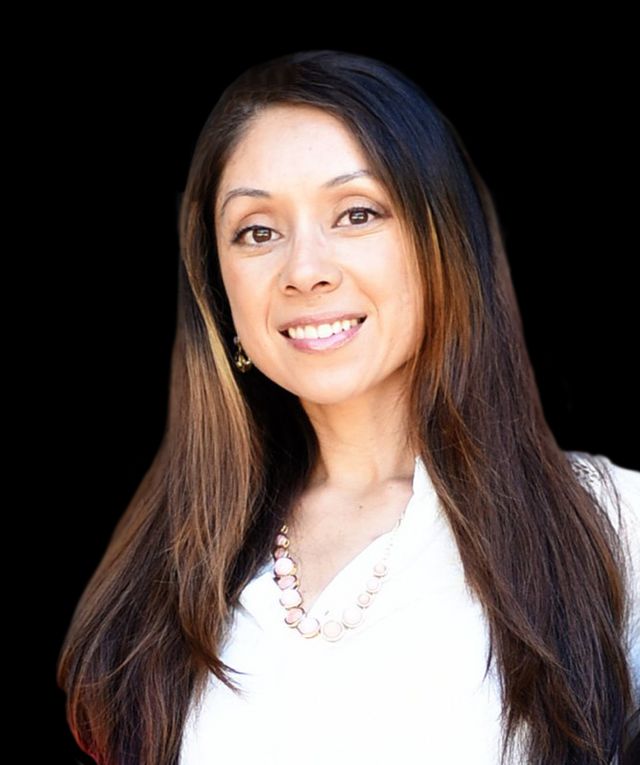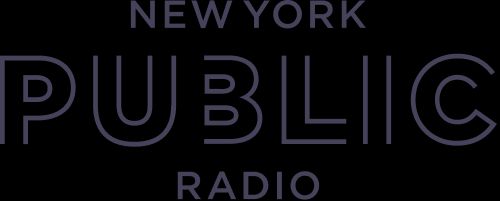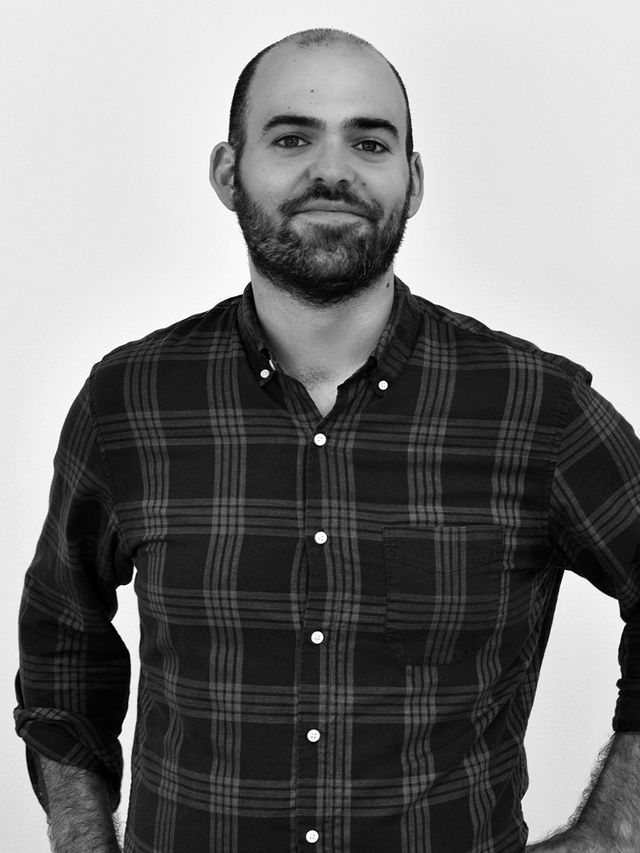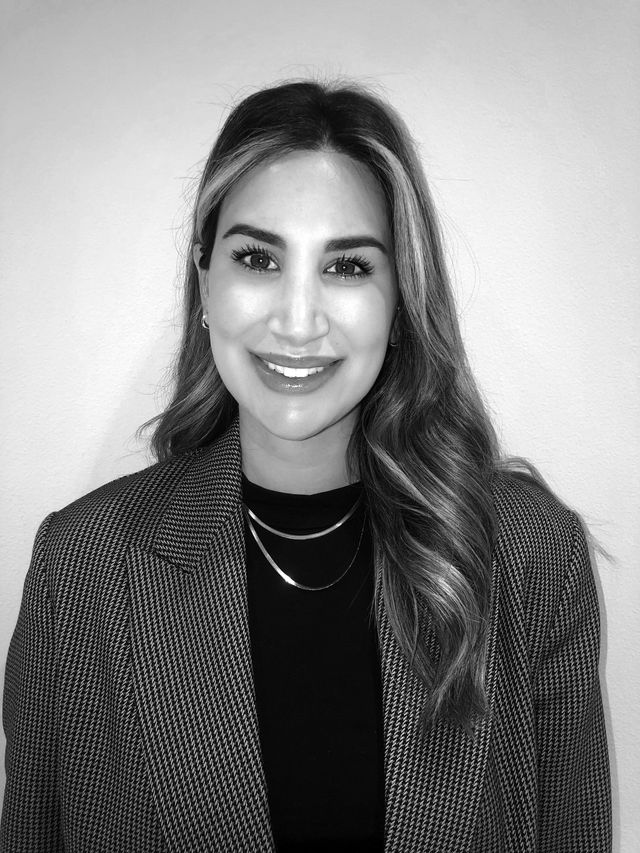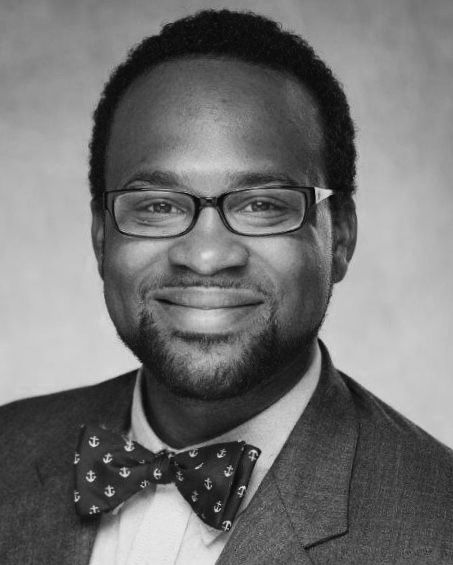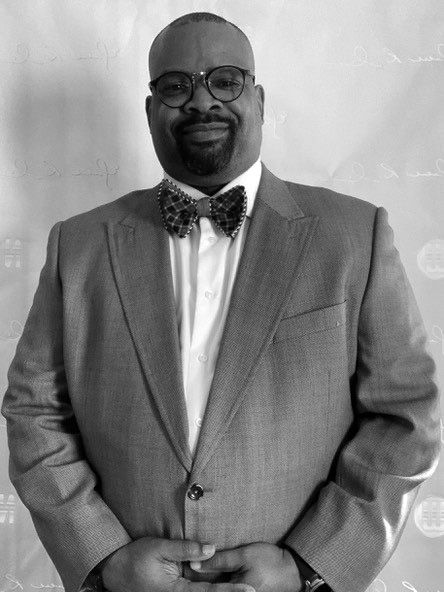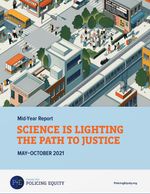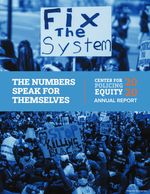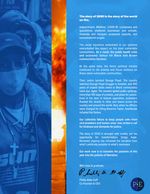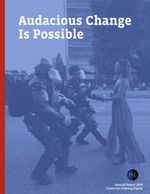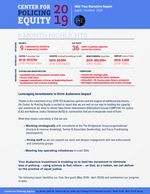Annual Report 2021
Centering Community to Spur Progress
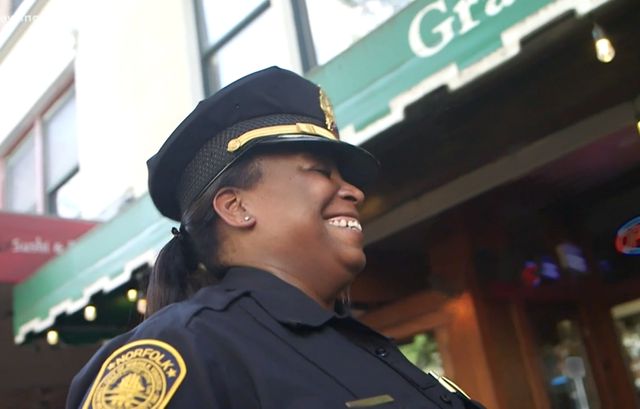
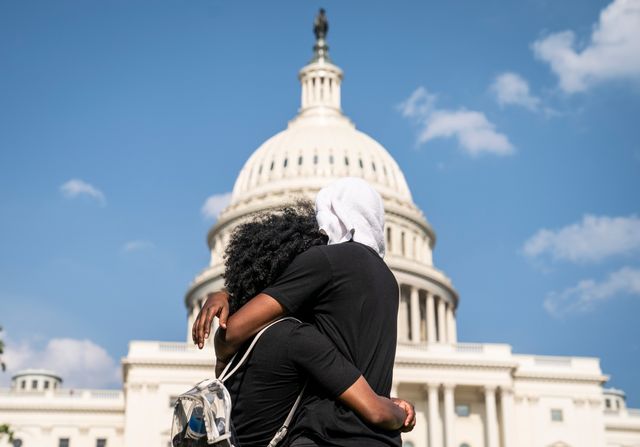
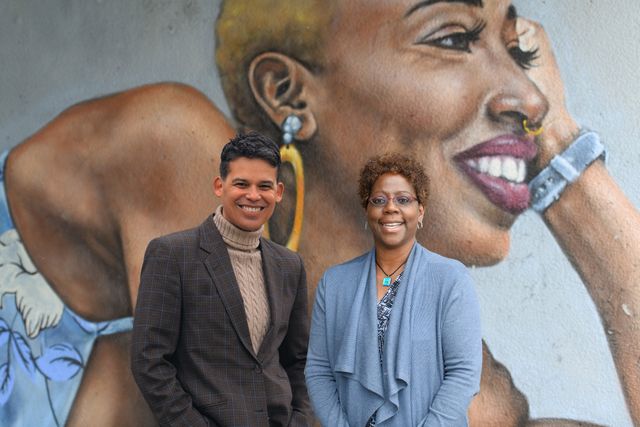
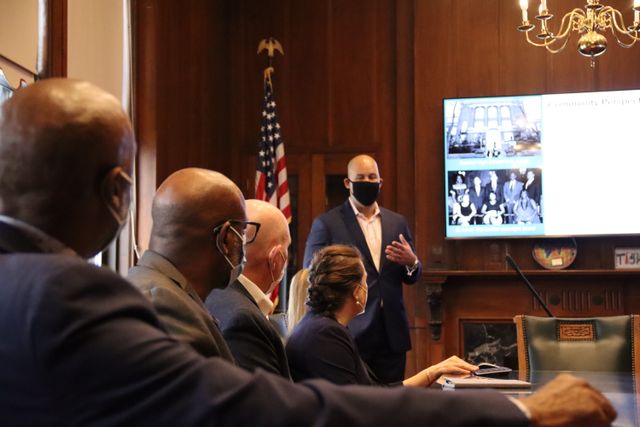
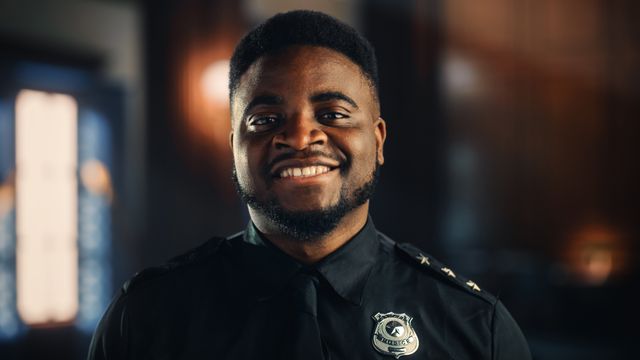

A Letter From the CEO
The movement for Black liberation—yet again—faces amplified opposition on the heels of progress. Last year, fresh political optimism and cries for justice inspired policymakers, activists, and community members to seize on opportunities to drive change.
And, in spite of the political dysfunction that thwarted legislative progress, communities across the country have championed solutions to deliver public safety more equitably.
Our work now is to realize the change we need today while we carve the path to the future we want to see.
Last year, even amid the prolonged uncertainty of the pandemic, we doubled our staff, outpaced our fundraising goals, and accelerated our work to meet the escalating demand for change. You made that possible.
Communities, police departments, and political leaders around the country worked diligently with us to transform the systems that keep people safe. Last year, in places like Ithaca, NY, and St. Louis, MO, we brought people together and used data to uncover what harms communities and to inform how communities move toward their visions for public safety. Cities like Sacramento, CA, Norman, OK, and San Diego, CA, made our data assessments and recommendations available to the public through our new Justice Navigator web app. In Virginia, the Norfolk Police Department committed to addressing the root causes of racially disparate policing outcomes through COMPSTAT for Justice. We helped Portsmouth, NH, design more robust practices to collect data. And we spoke regularly with thought partners in places like Contra Costa, CA, and Philadelphia, PA, to support their efforts to pursue more equitable ways to keep people safe.
At the same time, grave legislative failures underscored that our work is far from done. Last year, federal lawmakers failed to pass the George Floyd Justice in Policing Act, the Mental Health Justice Act, or Build Back Better. That’s why we are expanding our research portfolio, honing our data-driven interventions, and building a robust team of policy experts so we make bigger strides next time.
Now, in light of political headwinds and the crises overseas that have captured political attention, our job is to continue helping communities craft new worlds from the ones we imagine. We were doing this work before the nation was paying attention, and we are committed to continuing while attentions wander. We will not stop until we achieve the promise of justice.
We are grateful to have you by our side. Together, we are transforming public safety.

Co-founder and CEO

The future is only what we insist it become
Strategy
We leverage behavioral science, law enforcement expertise, and the power of communities to transform unjust systems of public safety.
We leverage behavioral science, law enforcement expertise, and the power of communities to transform unjust systems of public safety.
Since we started this work in 2008, we have pioneered harm reduction efforts by forging partnerships with law enforcement to deliver more equitable public safety to Black, Brown, and other vulnerable populations.
Over the last two years, the nation’s appetite for transformation has accelerated our work within communities to elevate the voices of those who have been—and continue to be—most affected by burdensome policing. Working both inside and outside of government systems, we use scientific research to inform police practices, community-driven solutions, and legislation so the most vulnerable communities are protected.
We remain in awe of the commitment, ingenuity, and dedication of the growing coalition of community members, activists, law enforcement leaders, nonprofit organizations, policymakers, allies, and philanthropists. Without you, this work would not be possible.
Solutions start with science.
Renewed public attention to police funding has sparked heated discussions about how public safety resources are, and should be, allocated. The work we did last year reinforced how data science can help illuminate the path forward.
As more and more communities across the country set out to rightsize public safety budgets and reduce the footprint of police, we recognized the importance of assessing existing community needs, police response, and gaps in service. We started by examining 911 data from dozens of U.S. cities to investigate the calls for service initiated by the community (as opposed to initiated by officers) and to determine when alternative responses like mental health professionals, social workers, or other trained civilians could be more effective. Our findings will support communities pursuing innovative, evidence-based solutions.
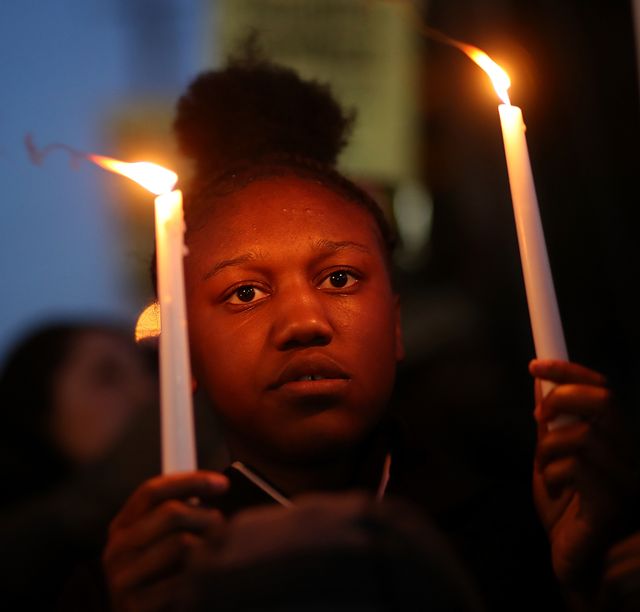
We used data to lift up people’s lived experiences.
In many places where we worked, the legacy of mistrust between community members and police has fueled emotionally charged debates about public safety. We heard people in Black and Brown communities describe their experiences with abusive policing; for their part, police officers described the toll of intense stress and overwork. We examined police data and identified patterns that resulted in racially disparate outcomes, revealing unprecedented staffing shortages and long shifts that are likely drivers of excessive police use of force, force that harms Black and Brown people disproportionately.
In addition, our analysis of calls for service exposed an overwhelming reliance on armed responders despite data showing that, in most U.S. cities, violent crime accounted for only 2 to 10% of calls; this finding illuminates a stark disconnect between community needs and the deployment of resources. By delving into their own data together, communities, law enforcement, and city leaders were able to design more effective, transparent, and equitable systems to keep people safe and hold each other accountable.
Impact
Since founding CPE, we have served:
- 30 States
- 85.2m+ People in the United States
- 60 Law Enforcement Agencies
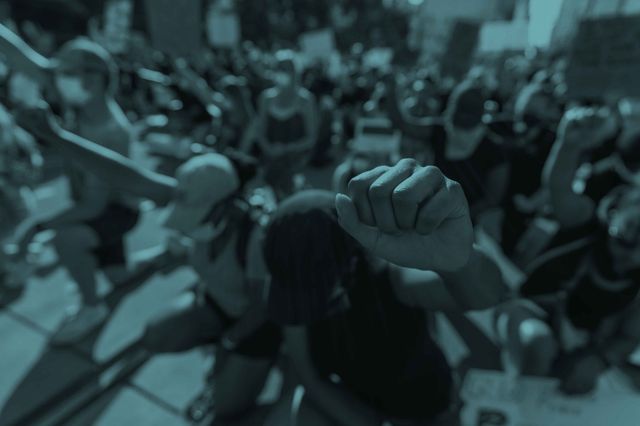

Community Spotlight: Ithaca, NY
Ithaca Community Leaders Reimagine Public Safety… With Care
When Eric Rosario and Karen Yearwood agreed to co-lead the City of Ithaca's Working Group to address Reimagining Public Safety, in June 2021, they wanted to improve the lives of everyone in their community, especially people most affected by systemic racism.
When Eric Rosario and Karen Yearwood agreed to co-lead the City of Ithaca's Working Group to address Reimagining Public Safety, in June 2021, they wanted to improve the lives of everyone in their community, especially people most affected by systemic racism.
We wanted to change the trajectory of public safety, look at alternative ways of doing things, and make a difference for those people who need the difference made.
Co-Leader of the City of Ithaca's
Working Group to Reimagine Public Safety
Rosario found inspiration in a sign he’d seen at a local protest following the murder of George Floyd. It said, “Thoughts, Prayers, Action,” with “Thoughts” and “Prayers” crossed out.
Rosario recalls thinking, “What am I going to do?”
Yearwood, observing inequities in policing, was mulling a similar question. “I always remember Dr. Martin Luther King Jr.’s quote: ‘Life's most persistent and urgent question is, What are you doing for others?’” she says.
The answer: With CPE’s support, Rosario and Yearwood stepped up to lead a group of community members and law enforcement representatives tasked with listening, gathering information, and forging a plan for comprehensive, meaningful change.
CPE’s data analysis, subject-matter expertise, and project-management guidance helped the community and police “work together better,” Rosario says.
[CPE] gave us a road map that we could make our own for Ithaca.
Co-Leader of the City of Ithaca's
Working Group to Reimagine Public Safety
In March, the group delivered its first report to the Common Council, the city’s legislative body. Recommendations include naming a new umbrella agency for public safety led by a civilian commissioner; establishing 911 call delineation between armed and unarmed responses; and reconceiving staffing, training, beat design, and shift assignments in response to concerns about officers’ mental health, which, if not addressed, could lead to more biased outcomes.
Rosario says he’s proudest of the care the report shows for both the community and the officers “in the way we're trying to increase accountability and build trust.”
“We're seeing everyone as human beings trapped in a centuries-old system and trying to address everyone trapped in there,” he says. “By looking at those most impacted, hopefully we’re able to make things better for everyone.”
Data-driven Interventions
We believe that public safety rooted in science and powered by community can deliver on the promise of justice.

COMPSTAT for Justice
The Norfolk Police Department (NPD) kicked off a multi-year partnership to pioneer our innovative approach to long-term change.
COMPSTAT for Justice builds on Justice Navigator’s data-driven methodology by adding hands-on technical assistance to manage risk factors for racial disparities. NPD embarked on its COMPSTAT for Justice journey last summer, beginning a 3- to 5-year effort to build a more just public safety system that centers community, equity, trust, and transparency. We are working closely with NPD to examine police records, conduct community interviews, and facilitate focus groups that will inform solutions to keep all people in Norfolk safe.

Justice Navigator
Last September we launched a user-friendly online platform that allows communities and law enforcement to use data to promote transparency and accountability.
CPE’s Justice Navigator uses streamlined technology to interpret data from our law enforcement partners and share the findings, along with actionable recommendations. By investigating racial disparities in use of force, vehicle stops, and pedestrian stops—and identifying the risk factors agencies can control, like practices and policies (as opposed to poverty, crime rates, or other external factors)—communities and law enforcement are better equipped to make changes that will advance more just and equitable policing.

CPE is like our bridge to get to a better place.
Asst. Chief of Police, Norfolk Police Department
Data-Driven Interventions Spotlight: Norfolk, VA
How Norfolk Is Using Data to Drive Change
Some kids dream of becoming police officers. Michele Naughton-Epps—Norfolk, Virginia’s first Black woman assistant chief of police—never did.
Born in Norfolk and raised primarily in New York City public housing, she experienced homelessness and domestic violence growing up. Encounters with police created the perception they were “not friendly,” she says.
“I didn't feel like the officers cared about me, and I didn't want to be that officer,” AC Naughton-Epps says of her outlook before entering the academy in 2000, at her mother’s urging and with 1-year-old twins and a 6-year-old child at home. At the NPD, however, the officers are “the exact opposite” of those she encountered elsewhere as a child, she says.
“I have seen the most authentic and genuine care for the community and especially the children,” AC Naughton-Epps reports, noting that NPD officers “volunteer their time to enhance the relationship through engagement” in more than 20 outreach initiatives.
“To truly work in a community, you have to care about the community,” she adds.
In her 21 years on the force, AC Naughton-Epps has prioritized building community trust, which she says “truly impacts and negates crime.”
In those efforts, she believes, accountability and transparency are paramount—and she’s thrilled that NPD has partnered with the Center for Policing Equity to investigate racial disparities and inequities in policing as a trailblazing COMPSTAT for Justice site.
“I’m so privileged and blessed to work with the CPE team,” she says. “When you talk to members of the Black and Brown communities, they’ll tell you about the racial disparities they experience, but the research helps identify what’s behind those disparities so you can look at policies that improve the relationship with the community.”
AC Naughton-Epps looks forward to using data analysis to allocate resources and build strategies to eradicate bias and disparate treatment.
“I’m excited to see what the research says and what the recommendations will be for us to bridge those gaps between officers and the community,” she says. “Here in Norfolk, we have good relationships, but I believe we can always do better.”
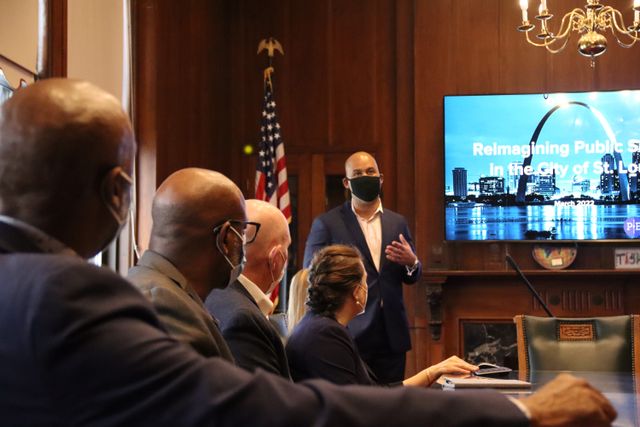
Together, we will lead the way forward.
We use science to shape policy
During a year when cultural and political backlash eroded national progress, we used data to dispel misinformation, amplify the voices of those historically left out of the conversation, and harness the power of communities.
During a year when cultural and political backlash eroded national progress, we used data to dispel misinformation, amplify the voices of those historically left out of the conversation, and harness the power of communities.
We stood with activists, chiefs, and elected officials making important strides in reshaping policies. And we galvanized relationships with policymakers, legislators, allies, and stakeholders, continuing to champion comprehensive state and federal legislation on use of force, data collection standards, school policing, and alternatives.
Now we are deepening our research portfolio, scaling our data-driven interventions, and broadening our reach to influence structural change.
National Policy Scan
We conducted a comprehensive review of policing legislation, promising policy interventions in the areas of state regulation of policing, alternative models to police response, and social determinants of public safety. Our findings will inform tools for community members, policymakers, and elected officials who are redesigning public safety in their communities.
Resources for Public Safety Redesign
Our new series of public policy briefs tackles topics including traffic safety, policing in schools, and emergency mental health response.
Media Highlights



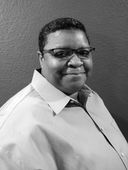



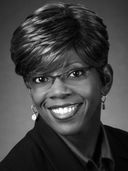



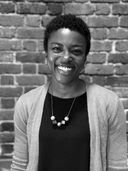

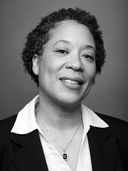

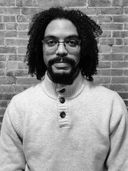




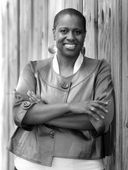



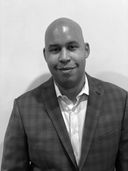


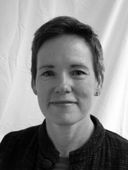

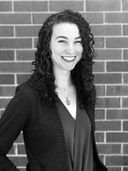








Powered by People
We continued to grow rapidly last year, nearly doubling our staff in order to match the escalating demand for our work. We remain committed to cultivating a team of staff and a Board reflective of the diverse constituencies we serve and whose talent and expertise equip us to deliver a robust set of tools to communities nationwide.
Check out our website to hear from more staff members about what inspired them to join our team.

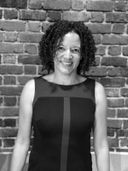
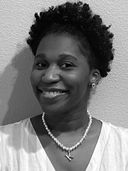





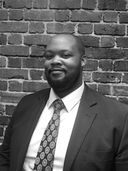









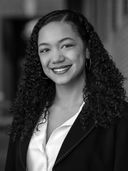

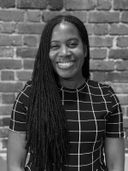




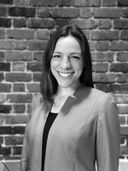












2021 Financials
Thanks to you, we raised $17.3 million last year. We could not have done that without you.
Thanks to you, we raised $17.3 million last year. We could not have done that without you.
These financial statements represent revenue and expenses for January through December 2021 in alignment with our fiscal year. Previous Annual Reports reflected a May through April funding cycle in accordance with the requirements of major funders.
CPE Supporters
Contributions from corporations, foundations, and individuals power all of our work.
Your support is making it possible for more communities to accelerate their journeys to justice.
Thanks to you, we raised $17.3 million last year. We could not have done that without you.
Your support is making it possible for more communities to accelerate their journeys to justice.
I presented [CPE’s] work to my large family foundation, and everybody was excited by the scientific basis of your work. The fact that it is evidence-based was very significant to my family, which includes a number of scientists.
Family Foundation
I am a woman of humble means, so I am ecstatic to share that after my presentation, my colleagues at Capital Group voted to reward CPE $50,000! As we look back in history, I hope that my girls will see that we made progress and that policing looks different and more equitable.
Workplace Giving, Capital Group
